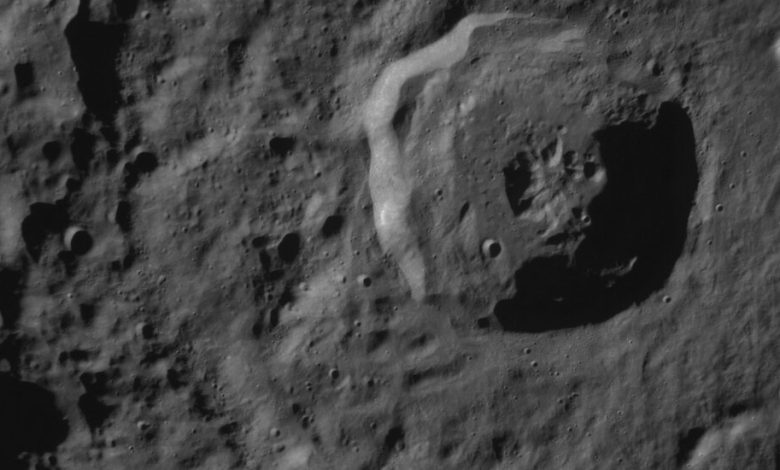A U.S.-Built Spacecraft Lands on the Moon for the First Time Since 1972

For the first time in a half-century, an American-built spacecraft has landed on the moon.
The robotic lander was the first U.S. vehicle on the moon since Apollo 17 in 1972, the closing chapter in humanity’s astonishing achievement of sending people to the moon and bringing them all back alive. That is a feat that has not been repeated or even tried since.
The lander, named Odysseus and a bit bigger than a telephone booth, arrived in the south polar region of the moon at 6:23 p.m. Eastern time on Thursday.
The landing time came and went in silence as flight controllers waited to hear confirmation of success. A brief communication pause was expected, but minutes passed.
Then Tim Crain, the chief technology officer of Intuitive Machines, the Houston-based company that built Odysseus, reported that a faint signal from the spacecraft had been detected.
“It’s faint, but it’s there,” he said. “So stand by, folks. We’ll see what’s happening here.”
A short while later, he announced, “What we can confirm, without a doubt, is our equipment is on the surface of the moon and we are transmitting. So congratulations.”
Later, he added, “Houston, Odysseus has found its new home.”
But with the spacecraft’s ability to properly communicate still unclear, the celebration of clapping and high-fives in the mission control center was muted.